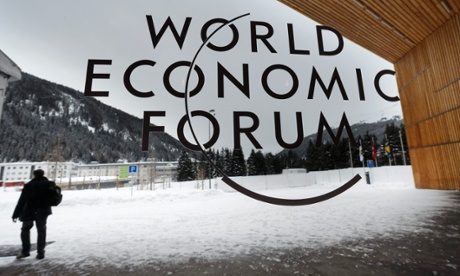Stephen King
Monday, 21 November 2011
This week I'm going to take a step back and offer my "Top 10 Beliefs Strongly Held in 2007 Which Now Turn Out to Have Been Hopelessly Wrong".
Belief No 1: Inflation targeting delivers prosperity and stability.
In the late 1980s, central bankers the world over became enamoured with inflation targeting. Scarred from the inflationary excesses of the 1970s, price stability seemed eminently desirable. Yet the single-minded pursuit of low inflation also revealed a remarkable ignorance of earlier periods of economic instability which didn't involve very much inflation, at least not of the conventional kind.
Japan had an almighty financial bubble in the late 1980s yet, relative to other nations, enjoyed a remarkably low inflation rate. The US had extraordinarily low inflation in the 1920s but, funnily enough, the decade ended with the Wall Street Crash.
Belief No 2: Japan screwed up but the West knows better
As an argument reflecting cultural and national supremacy, this takes some beating. The Japanese supposedly failed to do the right things. In particular, they didn't loosen monetary or fiscal policy until it was too late. The US wasn't going to make the same mistake. The collapse in stock prices in 2000 thus brought on a dose of the monetary vapours. US interest rates dropped dramatically as the Federal Reserve tried to prevent "another Japan". The policy worked, but only by ramping up house prices, household debt and the mortgage-backed securities market.
The US now faces a situation perhaps even worse than Japan's. The economy has stagnated, risk aversion has increased, government bond yields have plunged, the budget deficit is out of control, government debt has been downgraded, deleveraging is rife and long-term unemployment has soared.
Belief No 3: Governments don't default
Everyone knew that the emerging nations defaulted like clockwork but that developed nations were somehow different. Surely they would never treat their creditors with such disdain. It just wasn't cricket.
Yet cross-border holdings of capital had risen to unprecedented levels. And, within the eurozone, nations had lost the option of printing money. So we now have a situation where, within the eurozone, southern debtors owe money to northern creditors yet, as a consequence of the financial crisis, don't have a lot of spare cash. No surprise, then, that default has suddenly become a – previously unlikely – option.
Belief No 4: Globalisation is good for everyone
The idea was simple. As economies became ever-more integrated – through the opening up of trade and capital flows – resources would be allocated more efficiently, the global economic pie would get bigger and everyone, potentially, would become richer.
Now that western economies have stagnated, household incomes have declined and pension pots are dwindling, the argument doesn't look quite so clever. The pie has indeed become bigger – largely the result of persistent growth in the emerging world – but it's been sliced up in unexpected ways. Not everyone's a winner after all.
Belief No 5: Equities are a good long term investment
This all went wrong at the beginning of the Millennium. The FTSE 100 peaked just shy of 7,000 at the very end of 1999. That now seems a long time ago. While there's been the occasional big rally since then, the falls have been even larger. Despite the extraordinary deterioration in government fiscal positions across the world, risk-averse investors have preferred to buy Treasuries, gilts and Bunds than equities.
Belief No 6: The emerging world cannot decouple
Oh yes it can. While economic activity in the Western world is no higher than it was at the end of 2007, before the world suffered the full force of the financial meltdown, activity in the emerging world is dramatically higher. Chinese GDP, for example, is about 40 per cent higher than it was in 2007.
Belief No 7: Markets work
Some markets work, others don't. Monopolies and oligopolies can't always be broken up but anyone who's bothered to open an economics textbook knows they don't always deliver the best outcomes for society as a whole.
Belief No 8: Global markets trump national states
This was an extension of Francis Fukuyama's "End of History and the Last Man", the idea that western liberal democracies and market-driven economies had triumphed, paving the way for a new era of commonly shared values and beliefs. Yet, as we've lurched from one crisis to the next, the return of national self-interest has been remarkable, not least in the eurozone.
Belief No 9: House prices always rise
No they don't. This discovery lies at the heart of the problems now dragging down western economic activity through a process of persistent deleveraging.
Belief No 10: Nothing can travel faster than the speed of light
My defence of economists. Yes, we got a lot of things wrong. My profession hardly covered itself in glory. But if the boffins at Cern are proved right, our most fundamental beliefs about the universe may also be wrong. If Einstein couldn't get it right, it merely shows that even the cleverest human is fallible.
Stephen King is the group chief economist at HSBC


